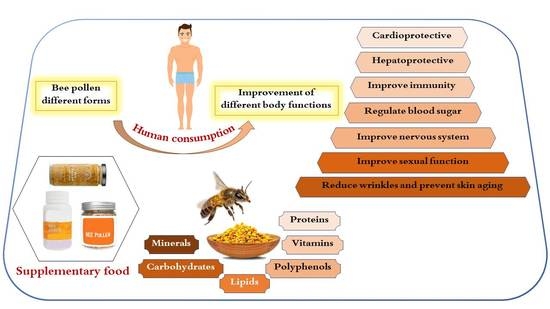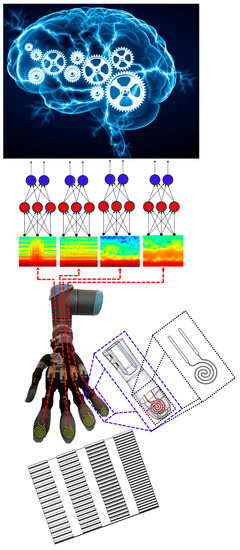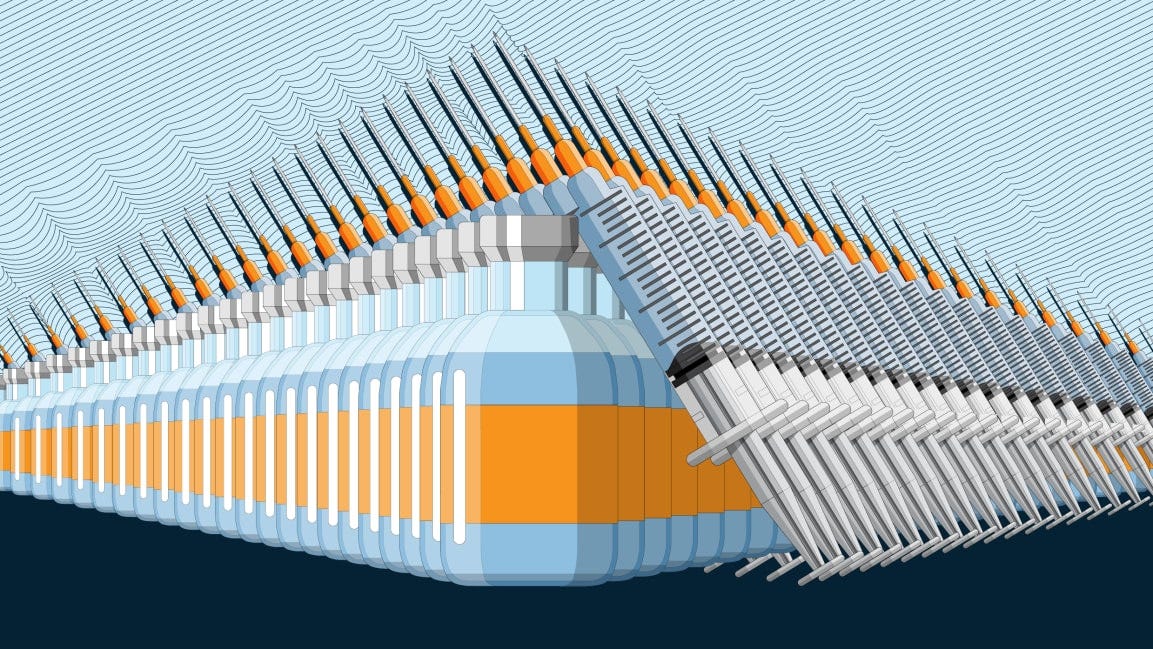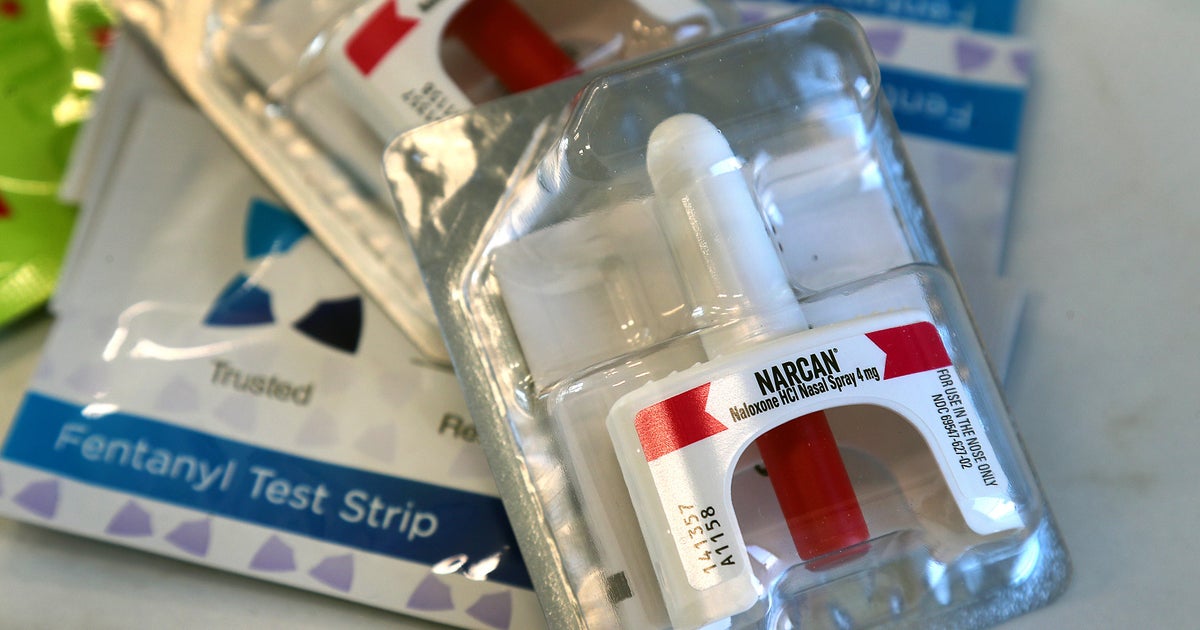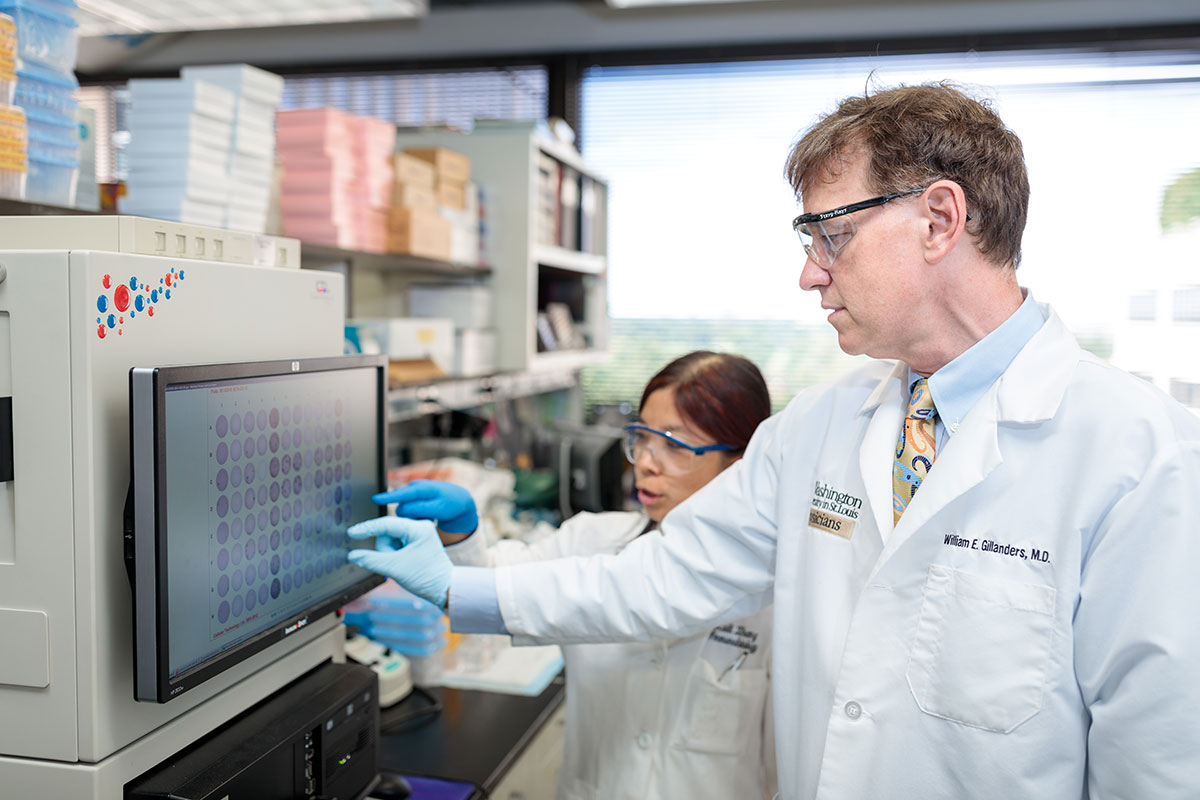The enigmatic biology of rickettsiae: recent advances, open questions and outlook
Corresponding author: Department of Biology, Massachusetts Institute of Technology, 77 Massachusetts Avenue, Cambridge, MA 02139, United States. Tel: 617-258-6155; E-mail: rlamason@mit.edu
This is an Open Access article distributed under the terms of the Creative Commons Attribution-NonCommercial-NoDerivslicence (https://creativecommons.org/licenses/by-nc-nd/4.0/), which permits non-commercial reproduction and distribution of the work, in any medium, provided the original work is not altered or transformed in any way, and that the work is properly cited. For commercial re-use, please contact journals.permissions@oup.com
Rickettsiae are obligate intracellular bacteria that can cause life-threatening illnesses and are among the oldest known vector-borne pathogens. Members of this genus are extraordinarily diverse and exhibit a broad host range. To establish intracellular infection, Rickettsia species undergo complex, multistep life cycles that are encoded by heavily streamlined genomes. As a result of reductive genome evolution, rickettsiae are exquisitely tailored to their host cell environment but cannot survive extracellularly. This host-cell dependence makes for a compelling system to uncover novel host–pathogen biology, but it has also hindered experimental progress. Consequently, the molecular details of rickettsial biology and pathogenesis remain poorly understood. With recent advances in molecular biology and genetics, the field is poised to start unraveling the molecular mechanisms of these host–pathogen interactions. Here, we review recent discoveries that have shed light on key aspects of rickettsial biology. These studies have revealed that rickettsiae subvert host cells using mechanisms that are distinct from other better-studied pathogens, underscoring the great potential of the Rickettsia genus for revealing novel biology. We also highlight several open questions as promising areas for future study and discuss the path toward solving the fundamental mysteries of this neglected and emerging human pathogen.
Keywords: Rickettsia, pathogenesis, microbial genetics, arthropod-borne pathogens, host–pathogen interactions, obligate intracellular bacteria
